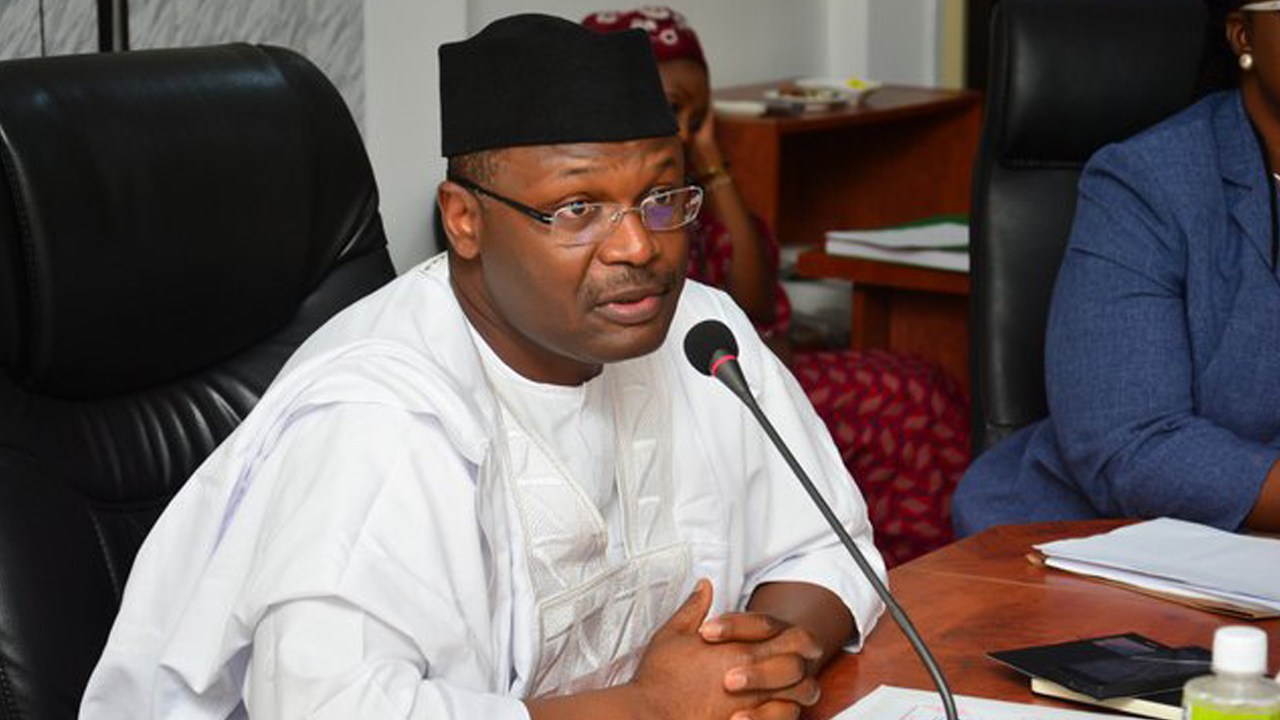Less than two years after the Independent National Electoral Commission, INEC, deregistered 74 political parties due to their poor performance in the 2019 general elections, the commission says no fewer than 107 groups have approached it for registration as political parties.
Responding to a Freedom of Information request sent by Sunday PUNCH, the Deputy Director, SERVICOM at INEC, Olayide Okuonghae, said between 2019 and December 14, 2021, about 101 political associations had applied for registration.
The letter read in part, “In reference to your letter dated December 9, 2021, the commission wishes to inform you that from 2019 to December 14, 2021, a total of 101 political associations have forwarded their letters of intent to be registered as political parties.”
Also confirming the development, the Chief Press Secretary to the INEC chairman, Rotimi Oyekanmi, said in an interview with one of our correspondents that INEC could not reveal the names of the associations because they had not been approved as political parties.
He said, “So far, a total of 101 associations have submitted their letters of intent to be registered as political parties. However, a letter of intent does not amount to an application for registration. An association can only be said to have applied when such application is in the prescribed form.
“The INEC designed application form is only issued after an association has received clearance on its proposed name, logo, acronym, and address in Abuja and has also paid the required fee of N1m to obtain the form.”
The number of political parties in the country dropped to 18 when INEC deregistered the political parties.
Currently, there are 18 political parties in the country.
INEC had on February 6, 2020, deregistered 74 political parties due to their poor performance in the 2019 general elections and the re-run elections that followed.
Mahmood Yakubu, the INEC chairman, said in addition to the extant provision for the registration of political parties, the Fourth Alteration to the Section 225(a) of the 1999 Constitution, as amended, empowers the commission to deregister political parties.
During the 2019 general elections, 91 political parties participated in the exercise, while an additional party, Boot Party, was registered based on the order of a court after the election.
Analysts and lawyers were divided over the number of parties on the ballot. Some argued that people had the freedom to register political parties, others believed that having many political parties on the ballot could confuse voters and increase the cost of elections.
“Accordingly, 74 political parties are hereby deregistered. With this development, Nigeria now has 18 registered political parties,” Yakubu had said.
He recalled that between 2011 and 2013, INEC deregistered a total of 39 political parties based on the same provision.
He added, “However, several of the parties challenged the power of INEC to deregister them, particularly on the grounds that the Electoral Act is inferior to the constitution and that deregistration infringed their fundamental rights under the same constitution.
“Subsequently, the courts ordered the commission to reinstate the parties. It was for this reason that the National Assembly amended the constitution to empower the commission to deregister political parties on the following grounds: Breach of any of the requirements for registration as a political party; failure to win at least 25 percent of the votes cast in one state of the federation in a presidential election or 25 percent of the votes cast in one local government area of a state in a governorship election; failure to win at least one ward in a chairmanship election, one seat in the national or state Assembly election or one seat in a councillorship election.”
Meanwhile, the Supreme Court on May 7 upheld an earlier judgment of the Court of Appeal which okayed the deregistration of National Unity Party and 73 others.
The appeal was filed by the NUP and others.
In the lead judgment delivered by Justice Adamu Jauro, the Supreme Court said the deregistration of the parties was done in line with the laws and in compliance with the extant provisions of the 1999 Constitution and the Electoral Act.
The judgment, delivered by a five-man panel led by Justice Mary Odili, said INEC was empowered by Section 225 (a) of the constitution to de-register any political party that fails to meet the relevant requirements. The apex court then dismissed the parties’ appeal.







